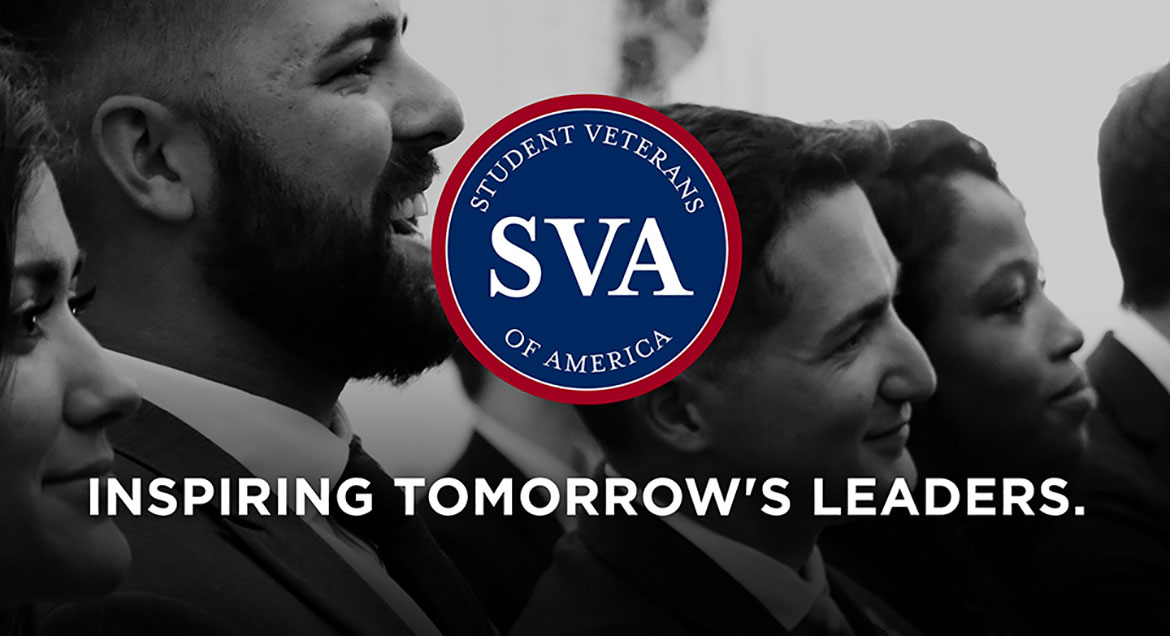Job Information
VHC Health Assistant Patient Care Director II in United States
Assistant Patient Care Director II
Job Description
Purpose & Scope:
The Assistant Patient Care Director is responsible for direction of the nursing unit (s) in coordination with the patient care director in concert with the goals of that unit according to the philosophy of the Division of Patient Care Services. The responsibility includes unit administration, direct nursing care and coordinating activities with ancillary departments. The assistant patient care director reports to the patient care director. An advanced competency level, knowledge of the nursing process, and consistently meeting or exceeding all criteria of the staff nurse performance appraisal tool is expected of assistant patient care directors.
Education:
Bachelor's degree in Nursing from an accredited School of Nursing required.
Experience:
One year of experience in nursing / patient care required.
One year of demonstrated leadership ability required.
Certification/Licensure:
Licensed as a Registered Nurse by the Virginia Department of Health Professions or Compact State Licensure in Nursing is required.
Certification in Area of Clinical Specialty is preferred.
BLS Certification is required.
Other Qualifications:
Registered Nurses on designated units are required to maintain certain certifications. New to practice area nurses or new graduates have 1 year to complete the specialty requirements below.These are:
ACLS for ED, ICU, CVICU/CVSD, Cardiac Cath Lab, Cardiopulmonary Rehab, Bronch Suite, Interventional Radiology, Radiology Safety Nurses, 6A, 6B, 7A, 8B, Labor and Delivery, Hemodialysis, Respiratory Therapy, Supplemental Pool Telemetry Nurses, GI Unit, and PACU
PALS for PACU, Pediatric Nurses, ED
NRP for NICU, Mother Baby, Labor and Delivery
De-escalation training for BHU, ED
ACLS or PALS cards stand as showing competence in BLS Skills per American Heart Association Guidelines. If an employee holds current ACLS or PALS certification, this meets the requirement for BLS in their job description. They do not need to also carry a separate BLS certification.
Physical Requirements:
Patient Care: The work environment characteristics described here are representative of those an employee may encounter while performing the essential function of the job. Reasonable accommodations may be made to enable individuals with disabilities to perform the essentials functions: The employee must possess physical capabilities in an amount equal to the physical demands made in the performance of the job by: Very hard work: Exerting in excess of 100 pounds of force occasionally, and/or in excess of 50 pounds of force frequently and/or in excess of 20 pounds of force constantly to move objects. Cope with the mental and emotional stress associated with this position. Operate office machines safely and in accordance with hospital Safety Standards. Push patients on stretchers, wheelchairs or beds from one area to another. Bending: lowering the body forward from the waist. Stooping: bending body forward and downward by bending legs and spine at the waist through use of the lower extremities and back muscles. Kneeling: bending legs at knee to come to rest on knee or knees. Crouching: bending body downward and forward by bending legs and spine. Twisting: moving body from waist, using a turning motion. Reaching: extending hand(s) and arm(s) in any direction. Standing: assuming an upright position, on the feet particularly, for sustained periods of time. Walking: moving about on foot to accomplish tasks, particularly for long distances. Pushing/Pulling: using upper extremities to press or drag objects in a sustained motion of 30-50 pounds. Lifting: raising objects and people from a lower to higher position or moving objects or people horizontally from position-to-position through the use of the upper extremities and back muscles, of between 50-100 pounds. Repetitive Motions: sustained and continuous movements of the wrist, hands and/or fingers; Finger Dexterity: feeling and grasping. Talking: expressing or exchanging ideas by means of the spoken word those activities in which detailed or important spoken instructions must be conveyed accurately, loudly or quickly. Visual Acuity: the power to see at a level which allows reading of numbers and text, operation of equipment, inspections of machines, etc. Able to perform components of Basic Life Support if applicable.
Working Conditions:
Patient Care: Works in well-lighted/ventilated office/clinical setting. Subject to frequent interruptions. Subject to long hours, changing shifts. May be required to work beyond normal working hours when requested to do so, e.g., overtime, on call. Routine occupational exposure to infectious diseases, blood borne pathogens, bodily fluids, hazardous chemicals, noxious odors, latex, and/or musculoskeletal injuries. The use of personal protective equipment (PPE) is needed for instances of exposure to blood, body fluids and infectious processes, and are supplied by the hospital. Involved with patients, family members, co-workers, and visitors under all conditions, e.g. hostile and/or emotionally upset, disoriented or combative.
VHC Health™ has provided exceptional medical services to the Washington, DC metropolitan area for more than 75 years. A proud member of the Mayo Clinic Care Network, a national network of independent healthcare organizations, the Hospital prides itself on offering the latest technological advancements and medical practices. Virginia Hospital Center was recently designated a Newsweek 2020 Best Maternity Care Hospital, received a 5-star rating from the Centers for Medicare and Medicaid Services (CMS) and once again named a Leapfrog Top Hospital in 2019. Virginia Hospital Center is designated as a Magnet hospital® by the American Nurses Credentialing Center, is a 453-bed not-for-profit teaching facility offering comprehensive healthcare and multiple, independently recognized Centers of Excellence

